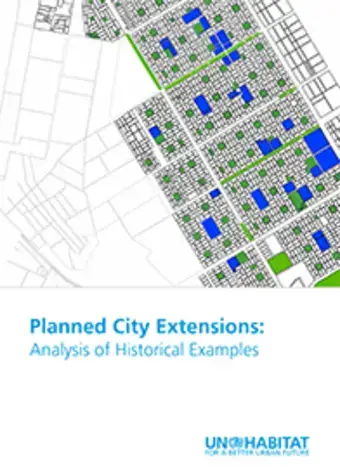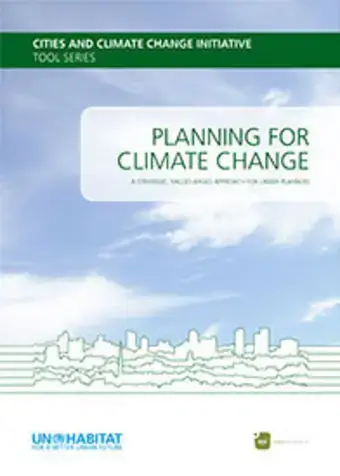“Transforming the City towards Low-Carbon Resilience” introduces urban design principles that support the transformation of existing cities towards more resilience regarding the impact of climate change. Steffen Lehmann - Professor, University of Portsmouth/Founder of s_Lab Space Laboratory for Architectural Research and Design (Sydney – Berlin), bases the lecture on his research in sustainable cities’ transformation and introduces the compact, mixed-use and walkable city model as the most promising urbanization type.
Kenyan University launches application calls for pioneer urban development Masters Course
Nairobi, 23 July 2015--- The Jomo Kenyatta University of Agriculture and Technology (JKUAT) has launched calls for application for its pioneer Master of Sustainable Urban Development course which kicks off in September.
The two year course course will be offered under the Centre for Urban Studies, established in 2013 by the School of Architecture and Building Sciences in partnership with UN-Habitat, to guide in research, training and development of innovative ideas that will help tackle the inherent complex and diverse issues in urban settings.

